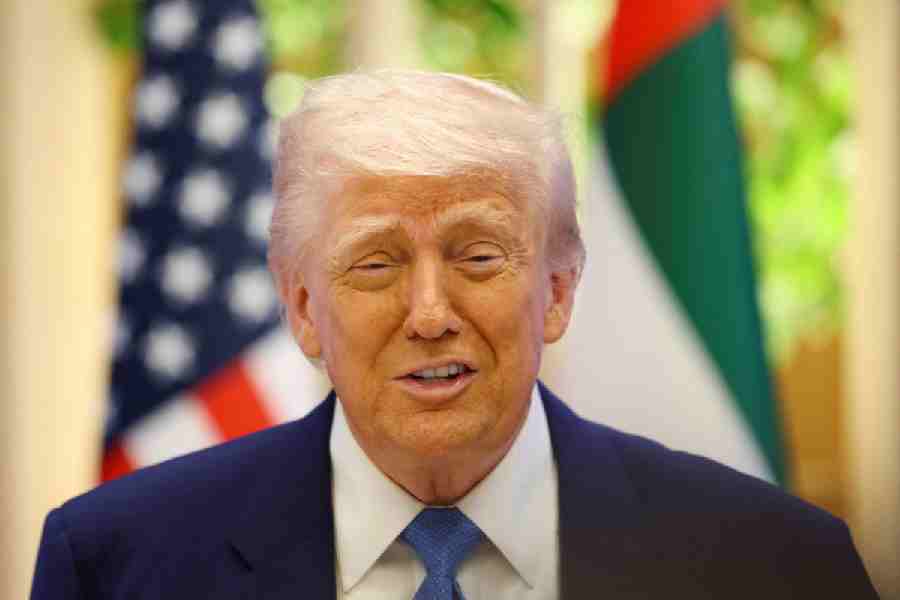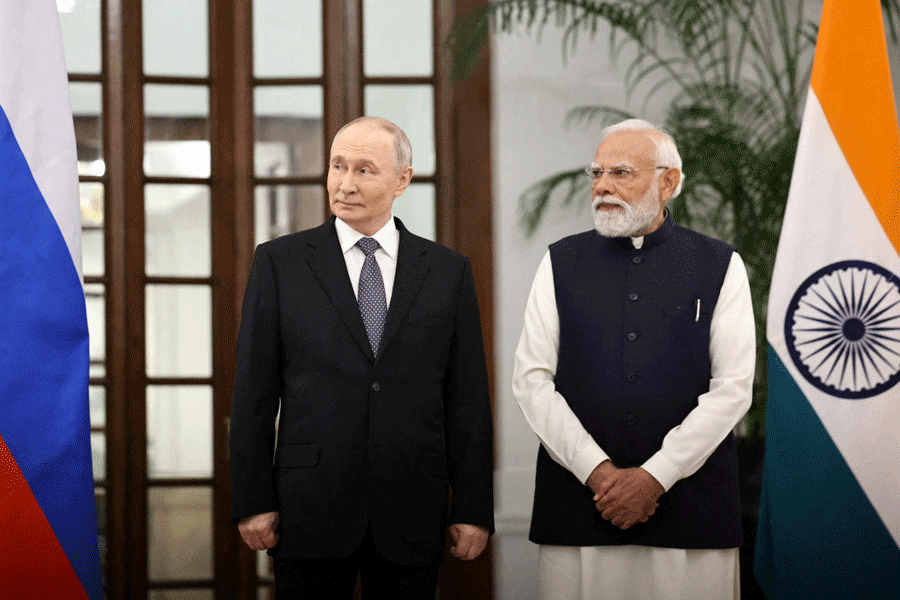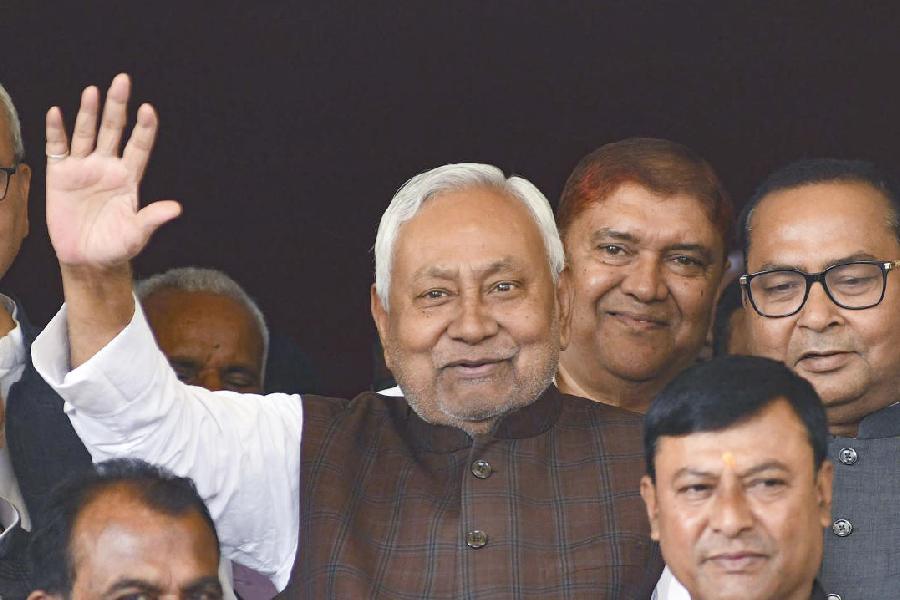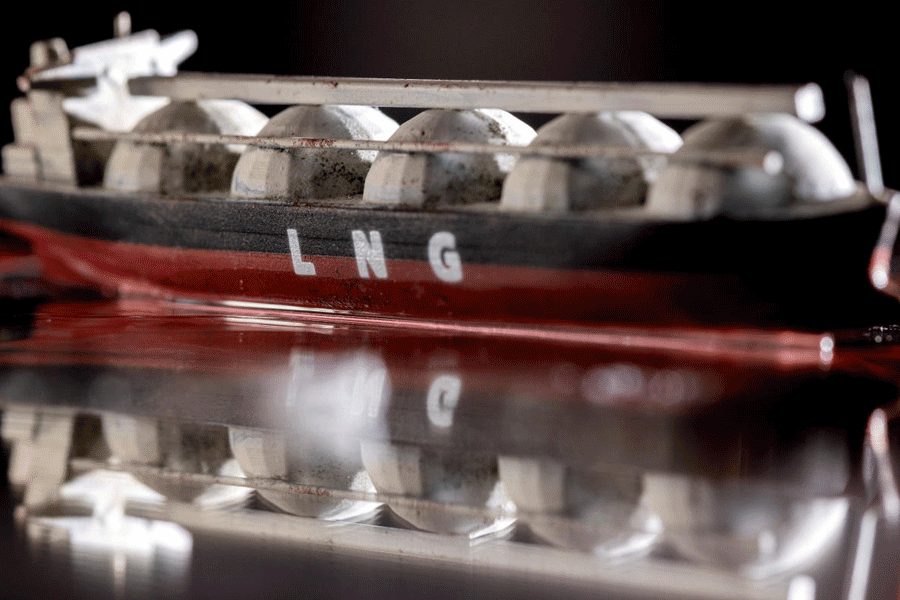The head of the world's largest aircraft leasing company has called on U.S. President Donald Trump to renegotiate and expand a duty-free trade agreement for the aircraft industry to include newcomers like China in a new lobbying twist to the trade war.
The aerospace industry has for weeks been pushing for exemptions to tariffs introduced by Trump, or to any foreign retaliation, and wants a return to the status quo represented by a 1979 deal between some 30 nations to ban tariffs on jetliners.
But Aengus Kelly, chief executive of AerCap, said the current trade crisis also represented a chance to expand and improve the decades-old pact to ensure a level playing field under what he termed a "Trump trade accord" for aviation.
"It would be a fantastic win for the president if he could enhance and significantly improve the 1979 aerospace treaty, which has only got (33) countries signed up to anything, while countries like India and China are not in it," Kelly said.
The call for a Trump-led renegotiation marks a shift of emphasis by the aviation industry, which has so far focused mainly on restoring the existing tariff-free regime. Dublin-based AerCap is the world's largest aircraft owner.
"If the president could convince other countries to join this zero-for-zero tariff agreement, that'll be an enormous win for high-tech manufacturing and engineering jobs in the United States," Kelly told Reuters in an interview.
The White House said it was in regular contact with industry groups about trade policy. "The only special interest guiding President Trump’s decision-making, however, is the best interest of the American people,” spokesperson Kush Desai said.
A coalition of aerospace companies was expected to meet officials at the Commerce Department later on Wednesday.
U.S. SURPLUS
The Agreement on Trade in Civil Aircraft came into force in 1980 and eliminated tariffs on aircraft and parts. It is one of a handful of side deals that survived from an earlier round of trade talks when the World Trade Organization was formed in 1995.
Current members include the United States and European Union - home to Boeing and Airbus - while China, India and several other fast-growing aerospace nations, such as South Korea and Turkey only have observer status.
Brazil is in the process of becoming a full member, but Mexico - with its growing supply chain - is not a signatory.
The AIA aerospace association has said the 1979 pact supports a $75 billion trade surplus for the U.S. aerospace sector, which includes manufacturing giants like GE Aerospace and RTX.
Analysts say a renegotiation would not be simple, however.
Trump has shown a preference for bilateral deals over broad alliances from trade to security and a new aircraft pact would include nations already embroiled in a larger jigsaw of trade disputes, making it harder to isolate specific issues.
Washington did however grant a carve-out to jet engines in a recent trade deal with Britain, benefiting Rolls-Royce.
The call for an expanded pact comes as China is increasing production of a home-grown competitor to Boeing and Airbus , the C919, though it has yet to win Western approvals.
Boeing deliveries to China were effectively frozen after the two largest economies imposed triple-digit tariffs on each other last month, before agreeing a pause in trade tensions.
Trump also briefly floated heavier tariffs on the European Union, which has placed Boeing on a list of possible reprisals.
Kelly said the U.S. would gradually cede aerospace manufacturing in any prolonged trade war.
"With very high tariffs, if they're retaliatory, then of course we're going to see the rest of the world move over time towards Airbus," he said, though "It won't happen overnight".











